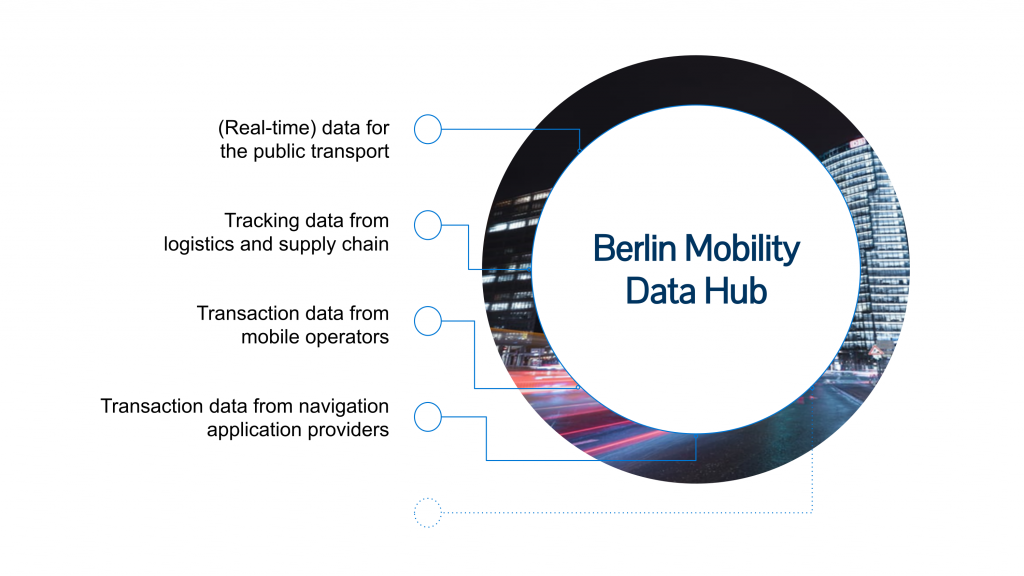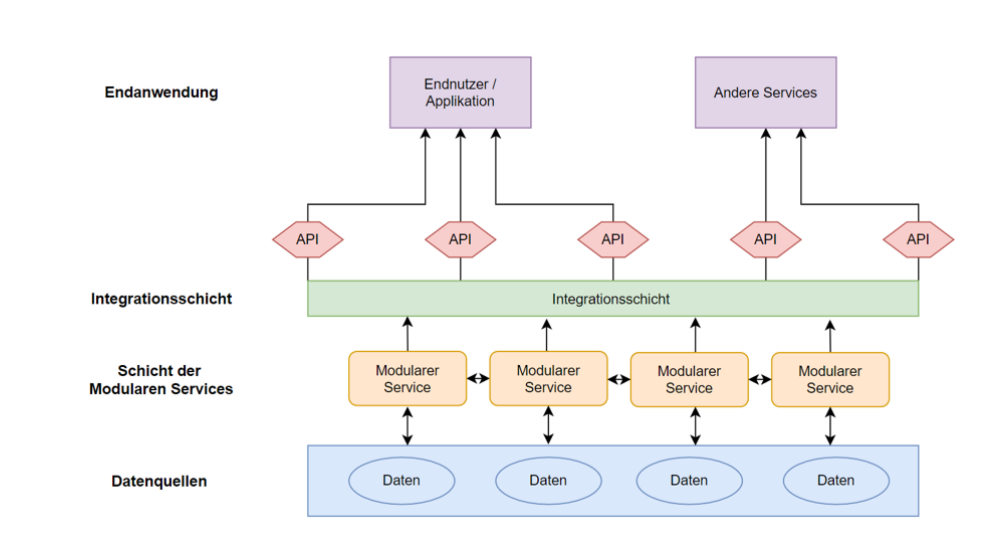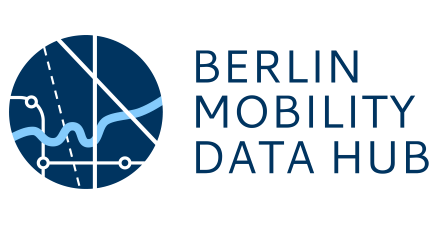The aim of the Berlin Mobility Data Hub is to create a digital data and knowledge platform for the systematic consolidation of Berlin-related data from passenger and freight traffic. The platform is intended to support actors from transport research and transport economy regarding:
- the transition towards a sustainable Berlin transport system
- the acquisition of deeper knowledge about the effects of systemic shocks (e.g. the Covid-19 pandemic) on Berlin’s transport system.


On the basis if extensive identification of relevant data sources and the identification of stakeholders’ current data-related needs and problems within the complex Berlin traffic landscape, the project approaches appropriate actors for the provision and sharing of traffic-related databases.
The data hub not only intends to integrate quantitative data from public and private transport providers, mobile network providers and navigational data operators, but also aims to integrate qualitative databases and historical longitudinal data. In addition to the function of information and provision of data, analysis functions integrated in the hub shall enable direct evaluation options.
Funded as part of the excellence strategy of the federal and governments through the Berlin Univsersity Alliance (BUA), the “Berlin Mobility Data Hub”, managed by TU Berlin (Cluster Mobility Research, department Work, Technology and Participation) and FU Berlin (department Business Informatics), aims to create a central knowledge platform that enables researchers, public institutions, policy makers and business actors to answer current or future transport-related questions.
Project period: 11/2020 – 10/2022

